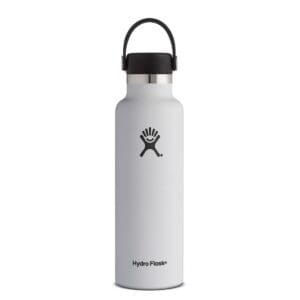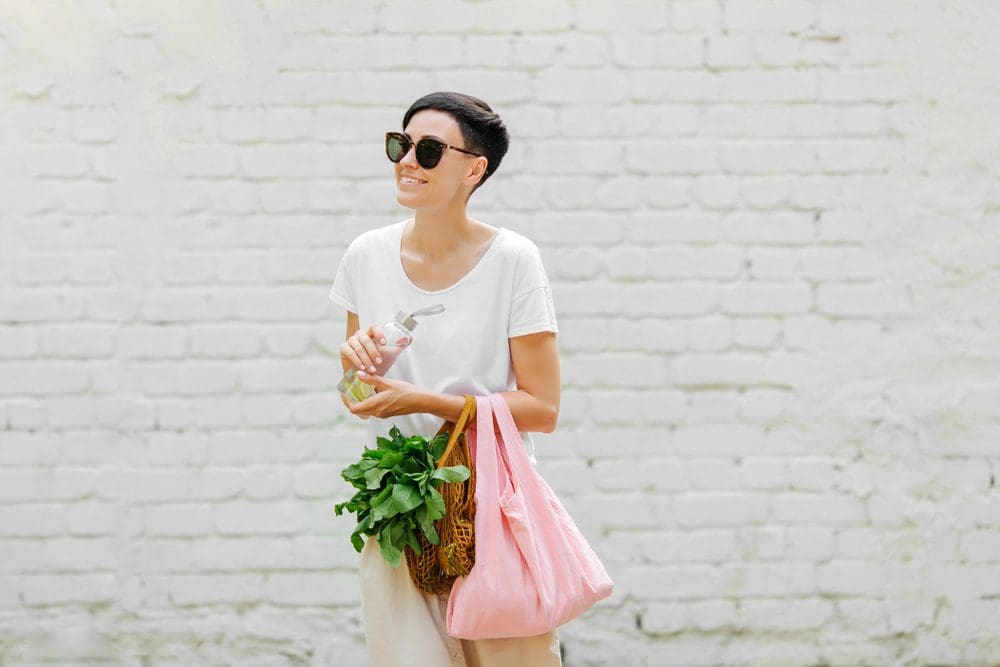We’ve all heard that we should reduce, reuse, and recycle – especially when it comes to plastic. Yet, despite this phrase being drilled into our brains from a very young age, the world is producing and discarding almost 360 million tons of plastic every year. Yikes!
Not only is the way we use plastic wasteful, but it’s also dangerous. According to National Geographic, “Plastic pollution has become one of the most pressing environmental issues, as rapidly increasing production of disposable plastic products overwhelms the world’s ability to deal with them.”
Plastic litter is harmful to animals who consume it or get caught in it. It’s also dangerous to humans, since plastic waste piled in landfills can emit toxic chemicals into the Earth’s groundwater, which eventually becomes our drinking water! In addition, it flows to nearby creeks, rivers, and lakes, polluting them as well. These are only a few of plastic’s many negative impacts on the world. Instead of being part of the problem, be part of the solution by cutting back your personal plastic consumption. Here’s how.
Start With a Water Bottle
Chances are, you already own a refillable water bottle. But if you don’t, it’s probably the easiest place to start! Bringing your own bottle will not only keep you from consuming single-use plastic but also help you save money by buying fewer beverages.

Our Pick: Hydro Flask 24 oz Standard Mouth Water Bottle ($34.95, shop here)
Substitute Other Commonly Consumed Single-Use Plastic Items
Wasteful plastic items like cups, straws, cutlery, and takeout boxes can sneak up on you! You can minimize your consumption by coming prepared. Bringing your own Tupperware, silverware, and straws to a bar or restaurant isn’t crazy…it’s responsible!
Bring Your Own Bag
The message of “come prepared” applies to shopping, too! Many retailers package your purchases in thin plastic bags, which are especially harmful to birds and aquatic creatures. If you’re going shopping, bring your own bag. It doesn’t have to be anything fancy! It can be as simple as reusing the bags you ended up with the last time you were out.
Buy in Bulk
On the topic of grocery shopping, it’s important to make responsible buying decisions. For example, rather than grabbing pre-cut fruit in a plastic cup, you can grab the whole, natural version. The same concept applies to ingredients like spices and grains: Rather than buying a new package each time, you can shop out of bulk bins, refilling the packaging you already have.
Know Who You’re Buying From
Plastics aren’t only hidden in our food-buying encounters. Cleaning and clothing brands can also be wasteful with plastic. If you have the opportunity, you should always buy from companies that you know are committed to being green.






